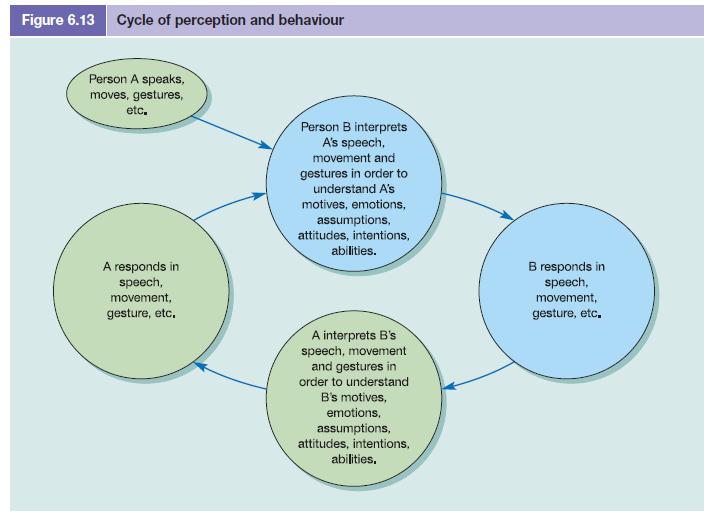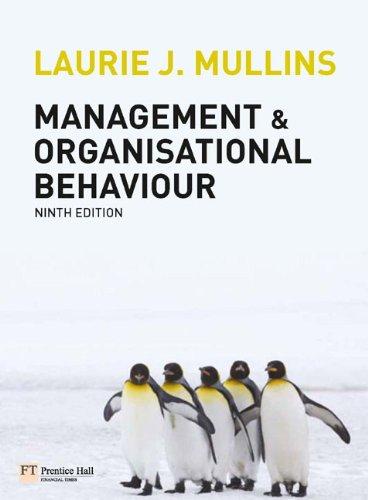So, you have an assignment due tomorrow, 2,000 words, deadline 1600. Have you written it yet? Maybe
Question:
So, you have an assignment due tomorrow, 2,000 words, deadline 1600. Have you written it yet? Maybe a paragraph or two? But you’ve got lots of notes, a heap of books from the library, a few articles downloaded from Google Scholar and some ideas, but you just haven’t quite got them down on paper yet. And you’ve known about this deadline for, what, two weeks? A month? More. . . . ? Still, no worries; twenty-four hours to go. But first you need some more coffee – and, drat! The milk has run out so a quick trip to the corner store. And perhaps you can just read this text message. And then you can get on with it. Honestly. If you are ‘Human’, the chances are you may recognise at least part of this scenario. The good news is that almost everybody else does. The less good news is that you will probably do it again. It’s painful, it’s frustrating, but it’s true. Luckily, a few recent and highly readable studies by behavioural economists can give you an insight into why, and how it can be avoided.
Your tasks
1. Discuss and plan an experiment like the ‘circle-dragging’ one carried out by Ariely which you could use to see if you find the same differences in motivation resulting from the use of ‘social’ and ‘market’ norms.
2. To what extent should managers appeal to ‘social norms’ when planning the work of their staff? What are the benefits and what are the dangers?
3. Consider the idea of ‘priming’. Explain how this might fit into the cycle of perception and behaviour illustrated in Figure 6.13. How might a manager, either consciously or unconsciously, ‘prime’ others to receive their communications in different ways?
4. What can we learn from the ideas behind the ‘Save More Tomorrow’ scheme or ‘stickK.com’ about how to help people to change both their perceptions and behaviour at work in such a way as to improve personal effectiveness?
Step by Step Answer:

Management And Organisational Behaviour
ISBN: 9780273728610
9th Edition
Authors: Laurie J. Mullins, Gill Christy





